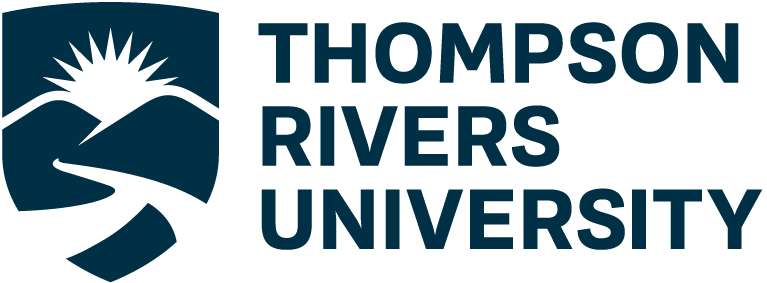My Research Story – Nikki McAnulty
My name is Nikki, and I conducted my own self-led wildlife behavioural ecology research within Kamloops, BC, in 2021/2022. I wanted to learn about the ecological preferences that the Western terrestrial garter snake (T. elegans) possesses in an urban city park. There seemed to be a particular small hill within the park that the snakes were seen communally gestating on during the summer of 2020. This prompted my professor (who observed this feat) to recruit students interested in a part-time research position: to reach out and start asking more questions about this population of snakes and their fascinating behaviours, developing a methodology to answer these questions. Our three most prominent questions were: “Were these snakes actually performing an act of resource sharing?”; the subsequent question, “Why would an animal share resources (supposedly decreasing their own fitness in the process) if there isn’t an evolutionary benefit to share resources with other species?”; and the third question I wanted to answer was: “Where are these snakes’ denning site(s)?”. My professor and I pondered these questions together while writing a proposal for an Undergraduate Research Experience Award Program (UREAP) Award, which eventually granted me enough money to carry out a field season, collecting both population data and telemetry data on the snakes to better understand their behaviours and preferences.
To me, research, from a scholarly perspective, means asking captivating questions and figuring out the answers through your methodology and analysis, reporting those results to your peers and other academics. From a personal perspective, it means gathering more evidence to support or deny your research questions to better understand the world and why things are the way they are.


Figure 1. Adult snake (5785) “Arnold”; An X-Ray of his radio transmitter implanted (left), and a picture of him coming out of anesthesia (right), connected to a heart monitor and starting a skin shed!
When I got started with research, it wasn’t a straightforward path. I had a professor approach me about research, who informed me on what undergraduate research was and what it could do for me and my career path. I took a lot of his advice and talked to other students he recommended me to speak with, such as graduate students, previous honours students, and those that used to hold research awards for which I was encouraged to apply. I wanted to make sure I got the full scope of what research was like before committing to it. Talking to other students and hearing their own stories and accomplishments inspired me further to become involved in research. I also had a lot of hurdles with my field season of research, one being the weather. I couldn’t control the weather, and the extreme temperatures and smoke from wildfires made the months of data collection for me extremely difficult. That was a big obstacle to overcome; problem-solving and research barriers are almost inevitable when studying wildlife and something I couldn’t prepare to face. But I did! I modified my study to work with the weather conditions while still gathering valuable data about my study animal. It’s all about adapting to the situations you are given.
Personally, I have gained so much more confidence in myself from pursuing research, especially self-led projects where I worked primarily alone outside. The imposter syndrome might not ever fully go away—but I definitely learned to trust myself more, make educated guesses before seeking assistance, and go with the flow. I realized I can’t control every problem that may present itself during my research, but I can control how I react to those problems. The highlight of my research journey was getting to be in control of what I was doing and how I was doing it (and getting to be outside all summer)! The self-doubt and worry seemed to melt away when I found a steady rhythm and got used to my new situation, gaining self-confidence along the way; realizing my capability of leading my own research was definitely the highlight of the whole experience. However, if I could go back in time and tell myself something before I jumped into research, I would ease my anxieties by letting myself know that it is absolutely 100-percent, totally fine, and sometimes very unavoidable to make mistakes! And not to worry when errors arise because it’s a natural part of learning. The mistakes you learn and grow from, create the foundation of a great scholar.


Figure 2. Pictures of me at my study site, releasing one of my adult garter snakes (right) after it had been surgically implanted with a radio transmitter for telemetry purposes and finding a baby snake (left) while releasing the adult.

